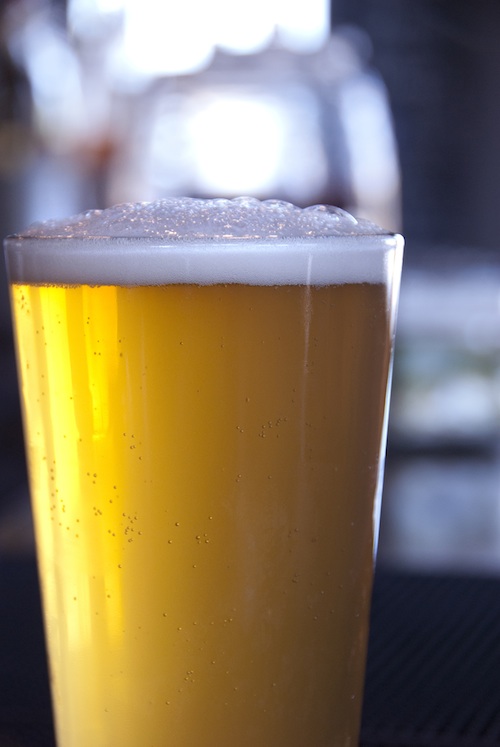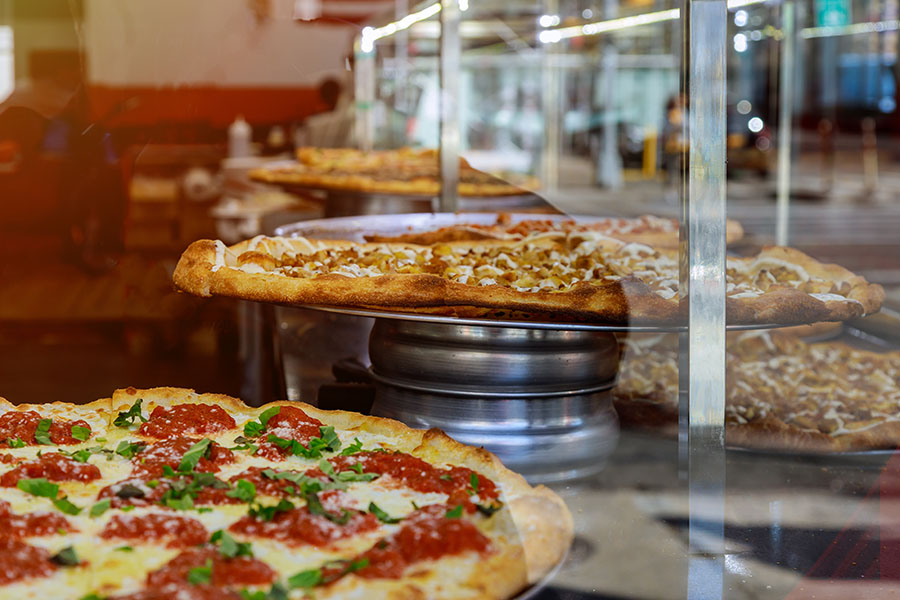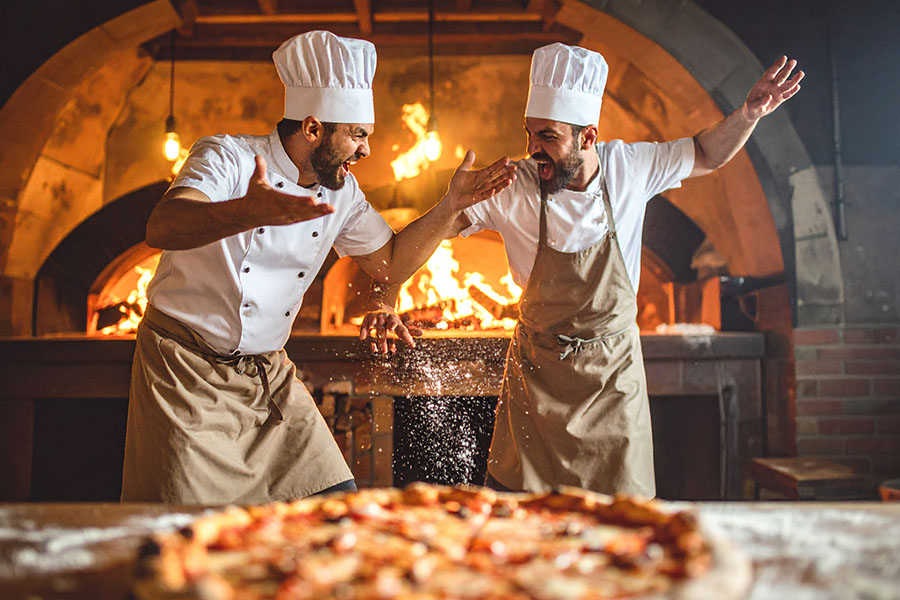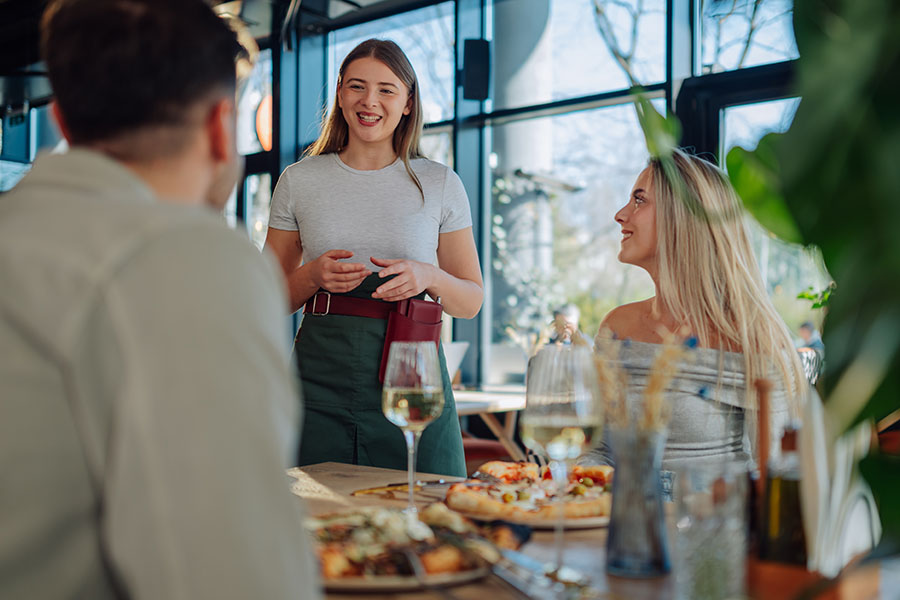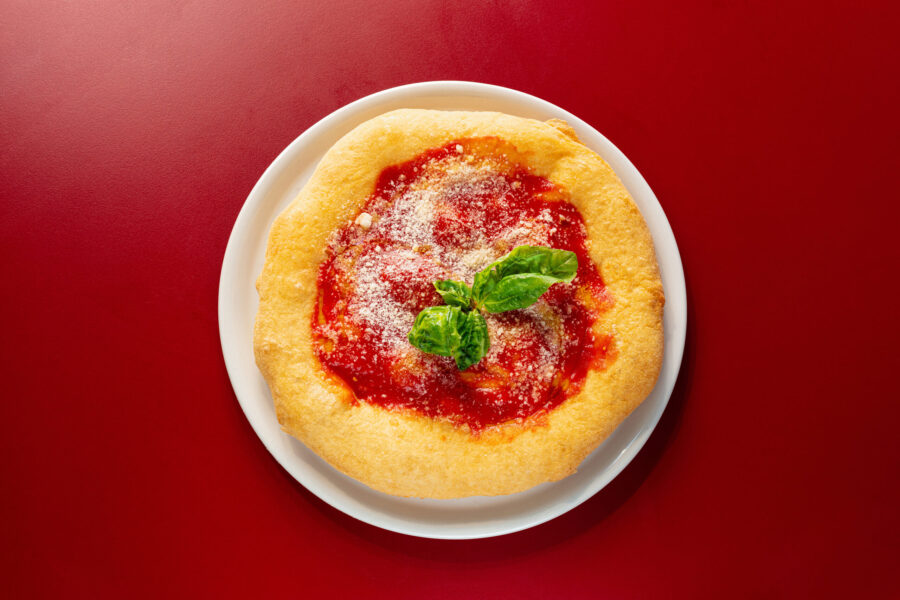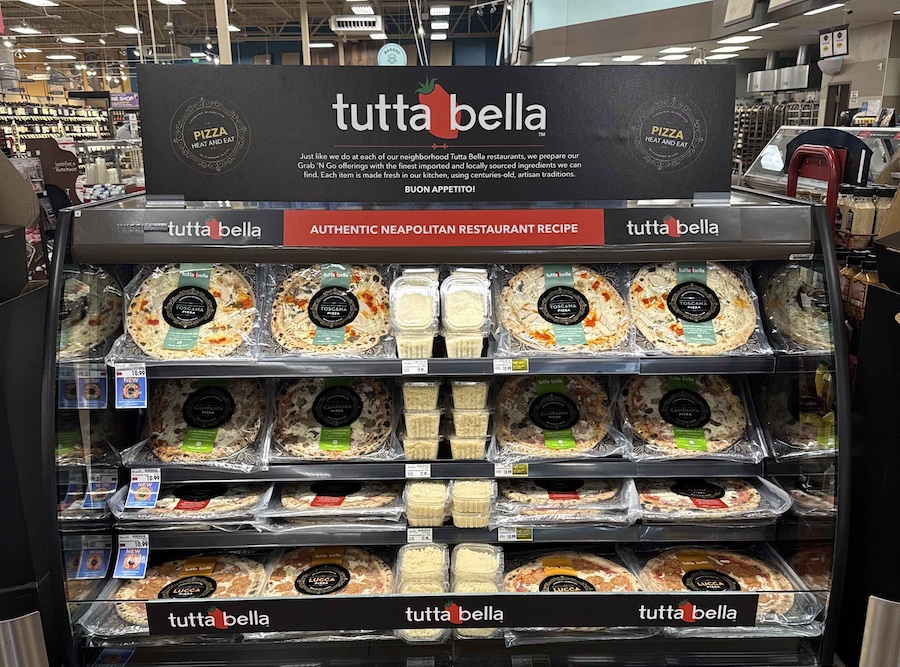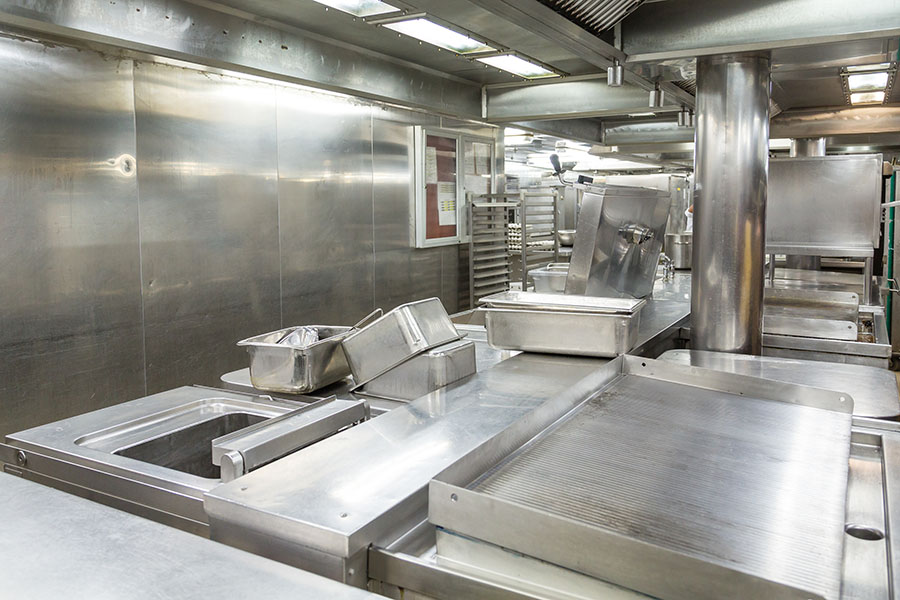 Marketing beer and wine will increase sales and keep customers happy. Alcohol sales often boost an operator’s bottom line, but deciding to carry beer, wine and/or spirits should not be about profits only. Operators need to understand who their customers are, what they want and how to keep them returning while still attracting new customers.
Marketing beer and wine will increase sales and keep customers happy. Alcohol sales often boost an operator’s bottom line, but deciding to carry beer, wine and/or spirits should not be about profits only. Operators need to understand who their customers are, what they want and how to keep them returning while still attracting new customers.
Because creating an atmosphere that embraces both family and an over-21 crowd is complicated. But through strategic marketing, striking a balance between family friendly and an increase in bar sales is just a “cheers” away.
“We have a good mix of college students and community members that frequent our stores,” says Megan Young, marketing director for Woodstock’s Pizza in San Diego, California. “I would say generally among our stores it’s about 50/50. There are a lot of underage college students, younger families and people who aren’t coming to drink, so we do have to strike the right balance to make them happy and still position ourselves as a hangout to drink beer as well.”
For 15 years, Brixx Wood Fired Pizza has included beer and wine on the menu, and according to Jeff Van Dyke, managing partner, the quality of their imports and craft beer and wine doesn’t attract the rowdy beer drinker.
“We’ve never seen a conflict with families; it’s a high energy environment, and people bring kids of any age,” Van Dyke says. “We’re open late, serve food until 1 a.m., six nights a week, and, late night –– which is 10 p.m. to 1 a.m. –– it’s more of a crowd focused on the bar. Most people don’t bring kids out for dinner after 10 p.m. We do offer root beer on tap, which is a big plus for kids of all ages.”
Finding the right balance begins with knowing who you are. “The first thing operators need to understand is to make sure selling alcohol makes sense for their brand position and concept and how. Who is the target market? Who are you trying to bring in? Looking at the competition, what is your point of difference? Does it make sense or doesn’t it? If it doesn’t, you can hurt your base business,” says Warren Ellish, president and CEO of Ellish Marketing Group.
Co-owners of Noble Pie Parlor in Reno, Nevada, Trevor Leppek and Ryan Goldhammer agree that in order to keep moving beer and wine in a positive way, you have to understand the market, neighborhood and community.
“The marketing of beer and wine has to be elegant, sophisticated, subtle and not overpower the food product –– the first reason people are there,” says Charles Dorn, managing director of The Dorn Group, Ltd., in Rye, New York. “The beer should be obvious that it’s available, but not the primary thing people see. Marketing can be as subtle as a table tent.”
Leppek and Goldhammer promote their list with hand painted chalkboards in the restaurant and clipboards at the table highlighting the beer and cocktail menus. Goldhammer also created framed custom-made posters with graphically designed advertisements.
 “The type of glassware in wine and beverage service makes a tremendous difference,” Dorn said. “Beer in a frosted mug catches the eye. Glassware is a huge marketing thing. A pilsner glass with an amber colored beer will catch everyone’s eyes.”
“The type of glassware in wine and beverage service makes a tremendous difference,” Dorn said. “Beer in a frosted mug catches the eye. Glassware is a huge marketing thing. A pilsner glass with an amber colored beer will catch everyone’s eyes.”
Leppek and Goldhammer benefit from referrals from area casinos and use print and social media to promote their specials and events and their Web site to update their selections. “Instead of just marketing our beer and wine by itself, we market our events. We have Trivia Night in which we extend Happy Hour prices, Pint Nights and IPA Days. We market this as a fun experience with friends instead of just promoting drinking beer,” Young says. “We’re very active on social media –– Facebook, Instagram, Twitter –– marketing our events, new beers on tap and posting photos of events while they’re happening. We participate in community events. We also work with our beer distributors to do co-promotions and events in store.”
Paul and Michael Childers, owners of two Savannah locations of Your Pie, pair their pizza with local craft beers and host tastings and meet and greets with representatives of local breweries to connect with their customers.
“Local craft beers will certainly add an attraction if their name is well-known and they are widely accepted locally. Offering a local craft beer from a local brewery can often assist in building customer recognition for both parties — the brewery and the restaurant,” says Alan Guinn, managing director of The Guinn Consultancy Group, Inc.
Craft beer is a vital part of Brixx Wood Fired Pizza and its Master of Beers Appreciation Program is promoted by table tents, in-store posters and staff.
“One of the best ways to increase bar sales is to do something unusual,” says Joel Cohen of RestaurantMarketing.com. “Create colorful, eye-appealing drinks. Create special drink names after holidays, celebrities and special events. For example, if your team is in the Super Bowl, create a drink named after the team. The challenge is that you can do what everyone else does, boring, or create wow positive reactions with your drink that become memorable to your customers.”
Presenting suggestions to your customers whether on the menu or through your staff will go a long way in promoting your list.
“When people go out to eat, they don’t want to think. Menu pairing is suggestive selling. Example: ‘Pairs great with Guinness Stout,’” says Phil Diegelman, director of operations for Restaurant Republic in Arcadia, California. “Servers can do suggestive selling. Allow them to recommend pairings or let the customer pick and then the server can steer the customer to pick a dish that goes with that drink. The server is suggestive selling in a genuine way.”
According to Ellish, the seller plays a huge role in whether a guest is going to order a beverage other than water.
“Don’t look at it like an up sell. When a server is well-trained and knowledgeable about food, it’s amazing how many times people will order what they suggested,” Ellish says.
DeAnn Owens is a freelance journalist living in Dayton, Ohio. She specializes in features and human-interest stories.
